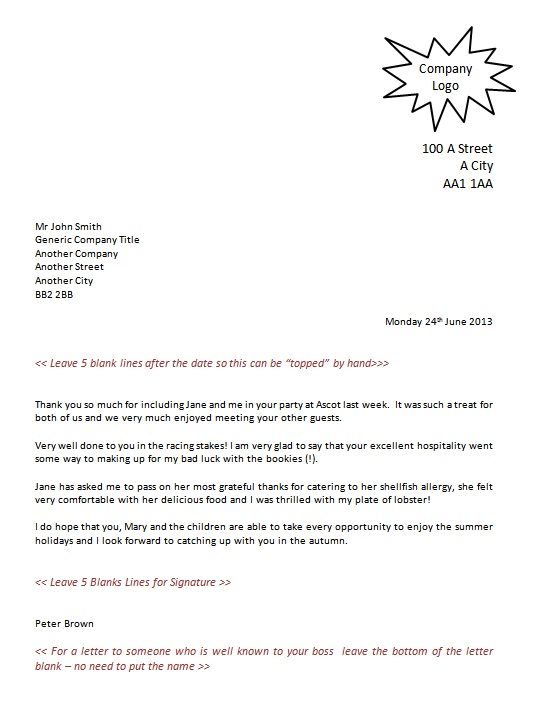I stumbled upon this article on the BBC website this morning. It's whimsical look at the "role" of the Secretary in the office in the 1950s/1960s - it's nothing to do with the job description - it's about the role of the Secretary as an object of desire.
Lucy Kellaway writes this article as part of the promotions for her Radio 4 Series "Sex and the Office". Now, sadly, I'm not really a radio listener, so I know I won't have the opportunity to review the series for you. However, the article raises some interesting points.
Prior generations revered the Secretary as an object of desire - the woman in the office that "By the early 20th Century the secretary had become a cultural type. Girls wanted to grow up to be one. Boys thought they'd marry one".
But what of the role of the female administrative professional in the 21st Century?
Kellaway continues "In the last 60 years or so our attitude to sex at work has moved from denial to delight to disapproval to disallowing.". We've moved from the sex-bomb 60's, into the hairy legged 70's, through the powerful, defensive 80's and the compensatory 90's into the "It's All About Me" 21st Century.
As women in the workplace I am sure we are all very thankful for the fact that men are no longer "allowed" to ogle and leer inappropriately. I'm sure that we are all thrilled that there are no "inappropriate" comments about our sex-lives thrown around the office on a Monday morning or after an obvious "Walk of Shame". I know that we all dress demurely and without recourse to attract any unwanted attention. HR departments delight in processing cases of harassment, or taking someone aside for a quiet word after an indiscretion at an office party which could be deemed an "extension of the workplace".
The fact of the matter is that outside of educational establishments work is the place where people find their life partners these days. There will always be beautiful girls who are given their entry level job on reception because they are "better presented" than the other less attractive candidates.
For my part, I take the rather un-modern approach of Helen Gurley Brown, the late editor of Cosmopolitan, who is quoted in the article as saying "You see, I don't think it's wrong to use your sex appeal and femininity to get ahead on a job. In fact, I can't think of a better way to do it,".
We do it in all other areas of our lives, the pressure upon us as women to be able to do everything well, a (really good - high pressure) job, children, a beautiful home, an interest in culture, politics, eating out, cooking like Raymond Blanc, weighing nothing, juicing, Pilates... etc etc.... surely we should be allowed to use our natural abilities to assist in such things.
The key to really moving on is making the office a safe space in which to do this. I think that the problem we have now is that men have been so frightened by the rules - you can look, but don't look like you're looking, never touch - and the Gods of HR forbid you to flirt! - that the new generation of "entitled" young women are now being more obvious about it. Appropriate office wear is another subject - but I can tell you, not many people follow this and there is a lot more on show these days than in the swinging 60s.
If "never in the office" were true then how would the truth that most people meet their partners at work be true? How is it done? A friend of mine conducted a very lengthy relationship with a colleague for years, essentially in secret because "inter-office relationships aren't allowed where I work". But how can an employer enforce this? Surely this is a breach of one's human rights?
Conversely, is the adoption of under-the-radar tactics just another way to add a salacious element to a relationship that is not embarked on with the most honorable of intentions? The excuse to keep things out of the public eye is often a very convenient way for one or other party involved to act in a less than honorable way.
The rules of the game have come full circle - with one very important change - unwanted attention can now be dealt with. It raises the stakes, and makes the chase all that more exciting. Anyone who has been out in the City on a Thursday night knows that the game is still being played. Everyone, talks about it. You just have to learn how to play it properly, discreetly and with both professionalism and style.













